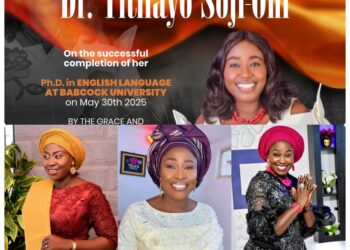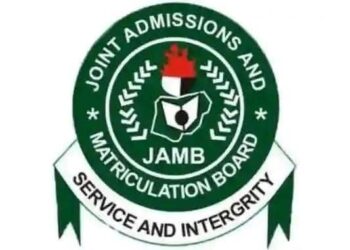
By Ibrahim Kegbegbe
Education has always been a source of pride for the people of Ekiti State, Nigeria. Renowned as the “Land of Honour and Fountain of Knowledge,” Ekiti has produced some of the country’s finest intellectuals. However, a recent grammatical blunder spotted on social media has raised concerns among grammarians and education enthusiasts, questioning whether the state’s revered academic reputation is being upheld.
The inscription in question, which was found on a signpost, reads:
“IYA ADE BEER PARLOUR
HOLE SALE AND RETAILS
OKE-ODO QUARTERS, ILODA ST.
OGOTUN-EKITI.”
Grammarians were quick to point out the glaring errors in the text. The phrase “HOLE SALE” should correctly be written as “WHOLESALE,” and “RETAILS” should be corrected to “RETAIL,” as the latter is an uncountable noun in this context.
The corrected version of the inscription should read:
“IYA ADE BEER PARLOUR
WHOLESALE AND RETAIL
OKE-ODO QUARTERS, ILODA ST.
OGOTUN-EKITI.”
This error has sparked discussions on social media, with many questioning how such a mistake could go unnoticed in a state where education is highly esteemed. The Merit Newspaper, which has long advocated for grammatical accuracy as a fundamental tool for effective communication, emphasizes the importance of correct spelling and usage, especially in public inscriptions.
The concern is not just about a single signpost but about the broader implications for literacy and education. Educators and linguists believe that such mistakes, if left unchecked, could reflect a decline in attention to proper language use. They urge students, professionals, and the general public to uphold Ekiti’s academic reputation by being more vigilant in their written and spoken communication.
This incident serves as a reminder that grammatical accuracy should not be taken for granted. It is a call to action for educators, students, and stakeholders in Ekiti’s educational sector to reinforce the importance of proper grammar. The state must remain true to its identity as the “Fountain of Knowledge” by ensuring that every form of communication, from formal education to informal signposts, reflects its intellectual heritage.
















